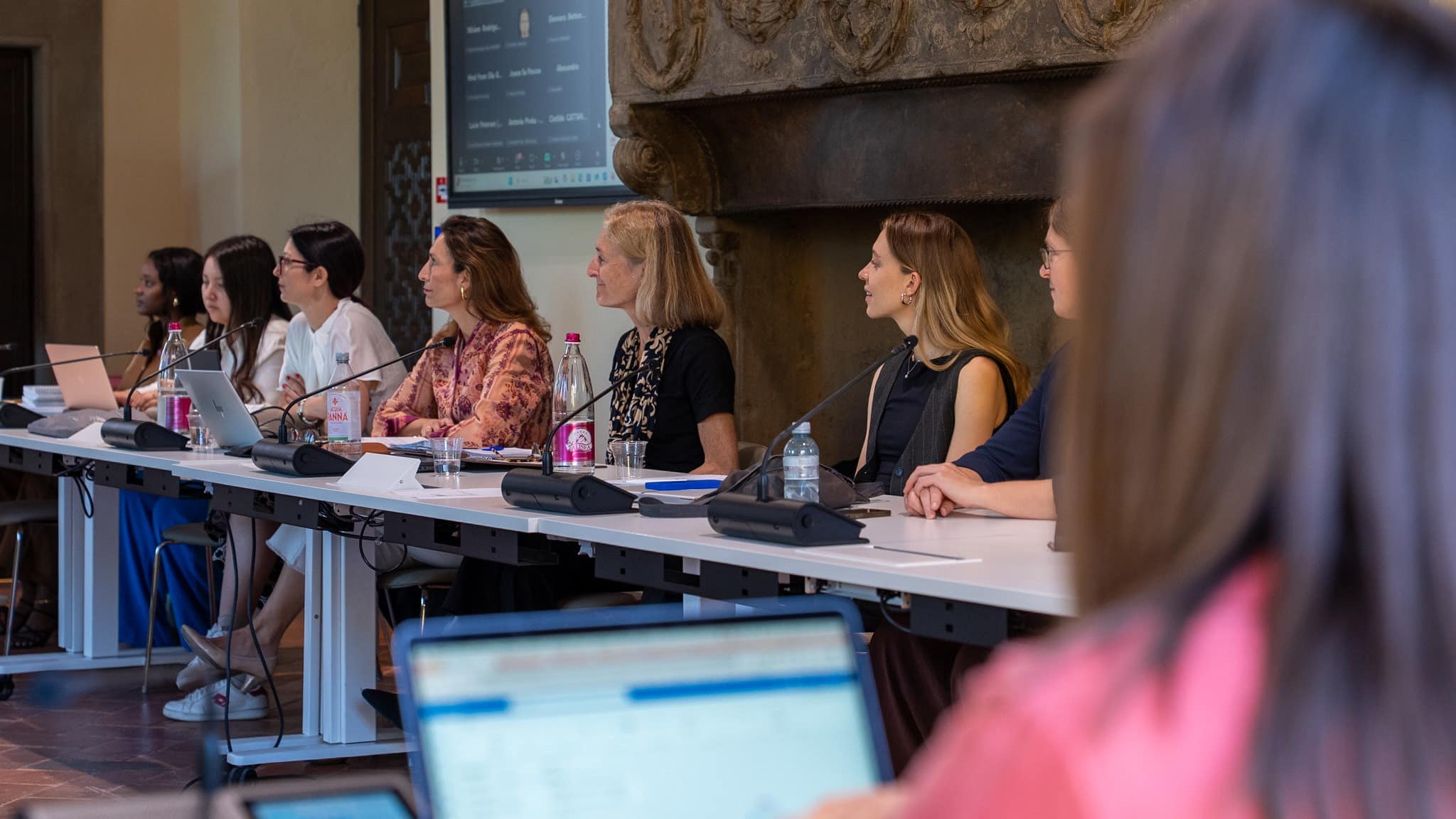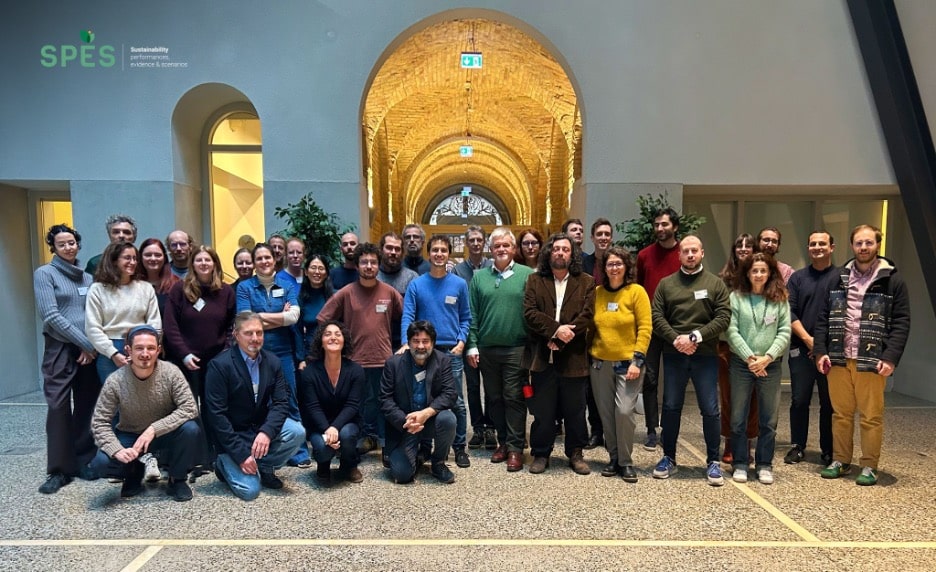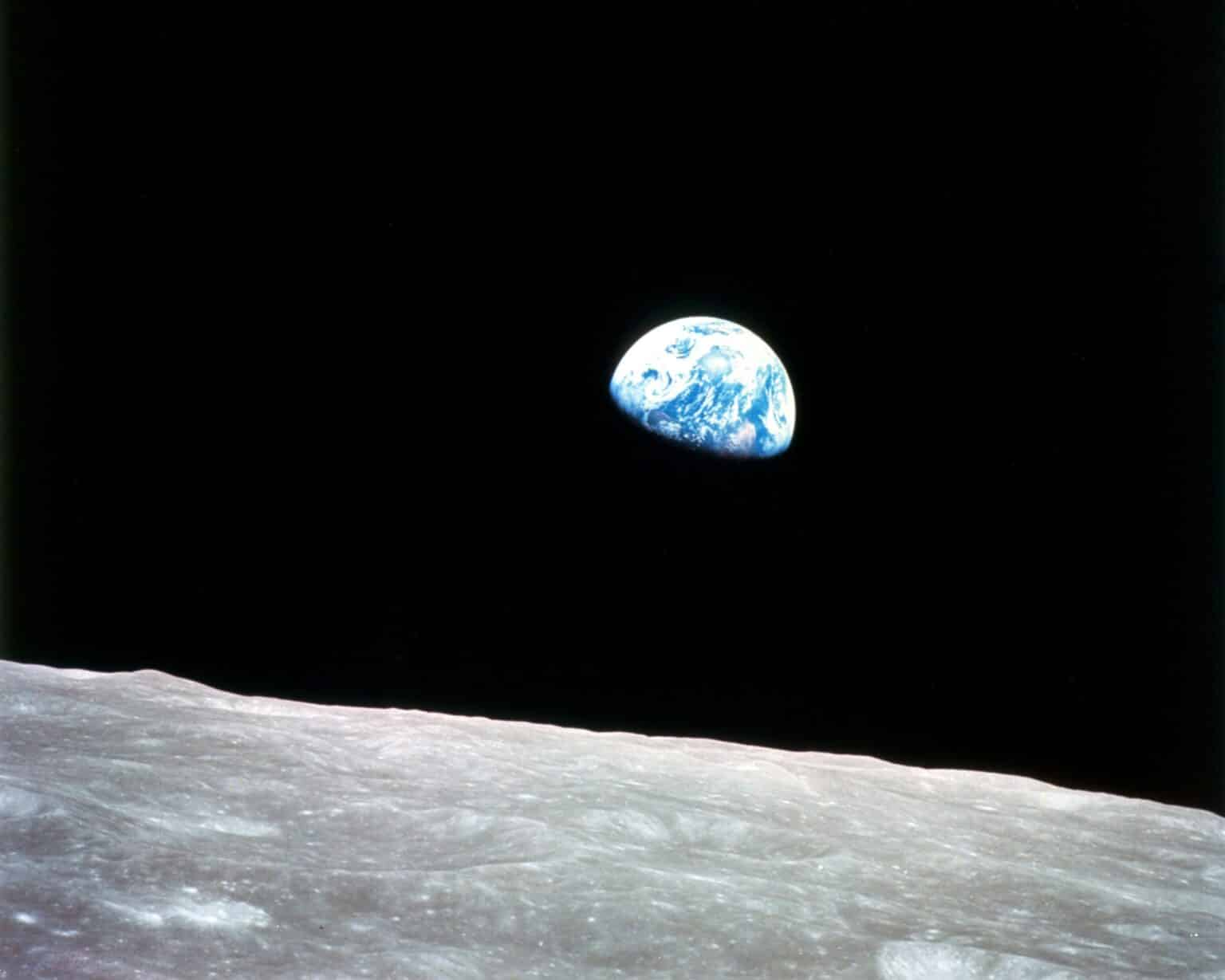Climate change and the role of ocean based carbon dioxide removal
This is the third installment of our Topic of the Month: FSR Women in action

Meeting national net zero greenhouse gas emission targets by mid-century is critical for avoiding the worst impacts of global climate change. Enabling the removal of CO2 from the atmosphere (CDR) is now essential to meet the Paris Agreement target of limiting global warming to 1.5˚ above pre-industrial levels. It is also a way to compensate for ‘difficult-to-decarbonise’ sectors. CDR – and negative emissions technologies more generally – are attracting increasing attention because they may be a double-edged sword. The ability to remove CO2 may indeed be misused as an argument to delay much needed GHG emissions reductions. Even if net zero policy strategies front-load emissions reductions, a substantial amount of GHGs which will need to be removed from the atmosphere with techniques that remain at an early stage of development, and which entail many unknowns.
Most efforts to date have focused on improving our understanding of the sequestration potential of CDR approaches, leaving the social, economic and governance mechanisms and viability of their implementation largely unexplored. This is especially true for Ocean-based CDR (OCDR) techniques, such as ocean fertilization and ocean alkalinity enhancement, which have received less attention than terrestrial approaches despite many providing an equivalent, or greater, sequestration potential (i.e. 1 Gt CO2/yr or higher). Doubts, however, remain about their efficacy, benefits, and risks.
This motivated me to work on the issue of OCDR governance. The ocean has high potential to help meet global CDR targets as it covers 70% of Earth’s surface, includes many times the amount of carbon that is in the atmosphere and terrestrial biospheres (and thus, in turn, has the potential to store much more), and currently constitutes the largest long-term sink for anthropogenic CO2. However, there remain huge gaps in our understanding and many other challenges that need to be overcome before emerging OCDR approaches can be implemented at the scale necessary to combat the effects of climate change.
The SEAO2-CDR project
Addressing these gaps is a core objective of the SEAO2-CDR project, an Horizon-Europe project awarded in 2023 and involving fourteen partner institutions, including the EUI FSR. The acronym SEAO2-CDR stands for ‘Strategies for the Evaluation and Assessment of Ocean based Carbon Dioxide Removal’. SEAO2-CDR addresses these critical knowledge gaps by employing a multi-disciplinary approach to develop the mechanisms, tools and guidelines required to establish and assess the evaluation pathways and methodologies required for sustainable and effective operationalization of OCDR.
SEAO2-CDR thus aims to develop the means to evaluate and govern the environmentally safe, socially acceptable, and economically viable implementation of appropriate OCDR approaches to support the realization of European and worldwide climate policies. Achieving this goal will enhance the technical viability of OCDR by characterizing the key system boundaries, processes, material and energy flows of different approaches in addition to establishing their temporal and spatial monitoring requirements and mechanisms. It will also develop the social, regulatory, political, economic and ethical frameworks required to facilitate and support OCDR uptake at scale. Finally, it will provide a deep understanding of realistic implementation policies and pathways via an integrated assessment of system-level effects.
Given my expertise in public international law, my role in the project focuses on the legal, ethical and policy implications of upscaling OCDR and, in particular, on: (1) developing an analysis of the applicable legal frameworks at different levels, both bespoke frameworks (specifically developed to govern a project) and general frameworks (international, EU and comparative legal frameworks that govern questions posed by OCDR techniques); (2) fleshing out the ethical considerations of OCDR deployment, including distributional/moral hazard and other ethical dimensions.
I have experience in – and I particularly enjoy – working with colleagues from a range of disciplines from across the social but also natural sciences. I am part of the Cambridge Centre for Environment, Energy and Natural Resources Governance (CEENRG), where I developed an interdisciplinary research project on entitlements over natural resources funded by the Swiss National Science Foundation. I feel therefore at home in an interdisciplinary and policy oriented context such as the FSR, and I very much look forward to collaborating with colleagues from the range of disciplines represented here.
The SEAO2-CDR project started in June 2023 and will run until May 2027. Whereas the project is certainly ambitious, it will lead to a very timely outcome that will eventually improve our understanding of OCDR approaches and help facilitate their implementation in a responsible and transparent manner.
Don’t miss any update on this topic
Sign up for free and access the latest publications and insights

















